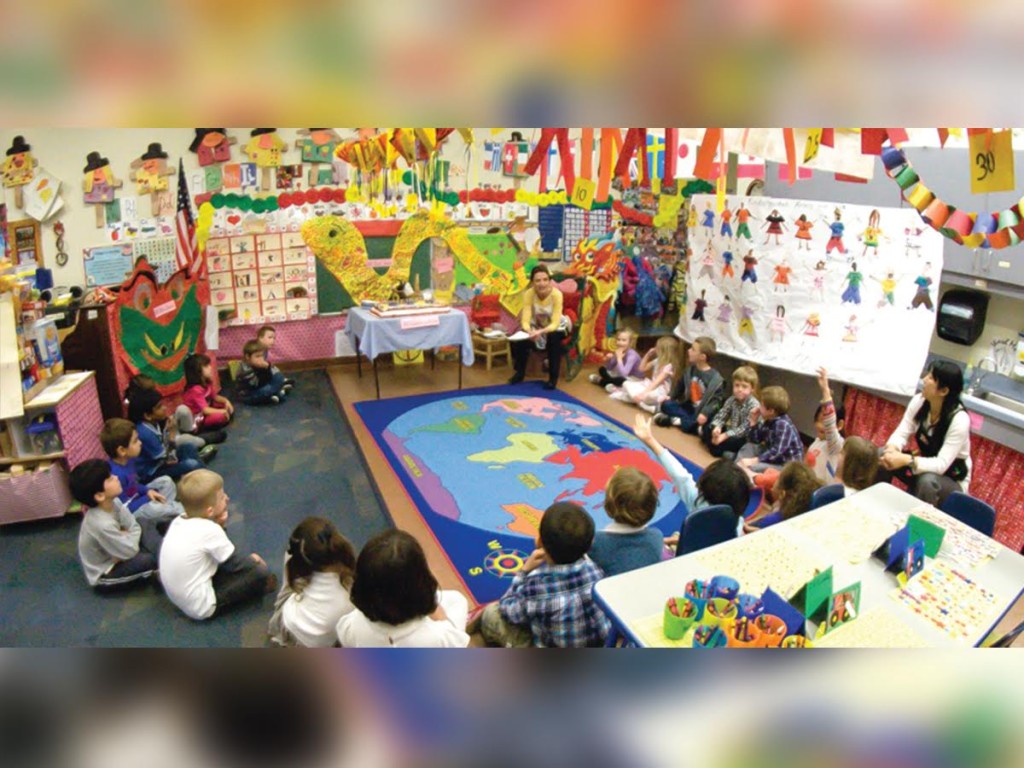
As of this year, the Early Childhood Services (ECS) at UC Riverside has been running at a deficit of about $1 million dollars. While some solutions have been discussed — reducing staff, increasing class sizes, raising prices for services and lowering teachers’ salaries — the possibility of permanent closure looms heavily on the horizon.
Although the fate of the ECS center might seem to be irrelevant to the majority of undergraduates who have no children of their own, it is important that the center remain in operation. It is a very valuable resource for student-parents, campus faculty and staff, as well as families in the area that are not affiliated with the school.
With the ECS center’s proximity to campus, nationally accredited programs and low teacher-to-student ratio, parents can rest easy and go about their days at school or work knowing that their children are safe and being provided with quality care and attention. Such services are incredibly crucial to childhood development and can yield benefits in adulthood. The ECS center is especially beneficial to low-income student-parents, since they offer their services either for free or reduced prices to those who qualify. Childcare isn’t supposed to produce a profit — it is meant to help parents by providing high-quality yet affordable education to their children.
Additionally, the termination of the ECS center would mean the loss of an incredibly talented and dedicated staff. All are highly educated and would be put out of work if the center were to close. These people do not work in the facility to make a lot of money; they do it because they care about the well-being and education of children.
With only two other nationally accredited centers in the area, the loss of the ECS center would definitely be detrimental to the community, especially since it is one of the more affordable options. Currently, the center is mostly funded by the tuition fees and grants it receives, with only a fraction of it coming from the school itself.
If the school can no longer financially support the ECS center, it is time to start reaching out to outside sources for support. Considering the urgency of the situation, it might be useful to ask for donations from alumni or from parents who can spare an extra dollar. By canvassing for donations, the ECS center can reduce the deficit without sacrificing the quality of its services. It’s important to keep in mind that one day, these children will grow up and hopefully pursue a higher education. By investing in the ECS center, we are ensuring them a brighter future.
To ignore this issue and let the center close down would be to rob these children of the opportunity to maximize their potential. Additionally, student-parents will be forced to find alternative childhood services — some that probably are not as convenient and affordable. Or worse, they might quit school altogether in order to take care of their children.
Closing the ECS center might remove a financial burden from the school, but it will come at a greater cost — the school’s reputation. Such an action could be interpreted as a lack of sympathy and an indication that children’s education is not a priority for a university that prides itself in diversity and higher education.








